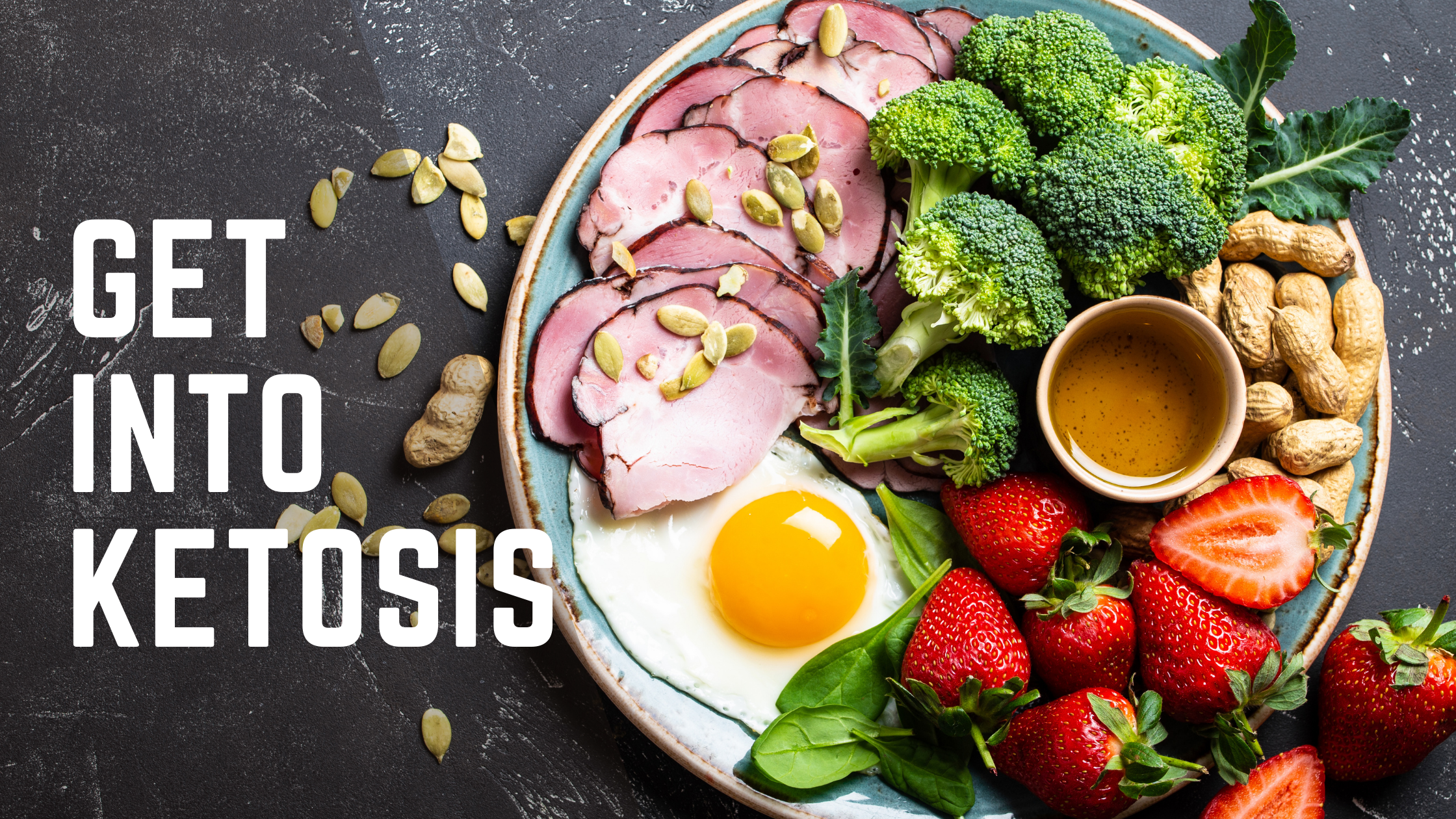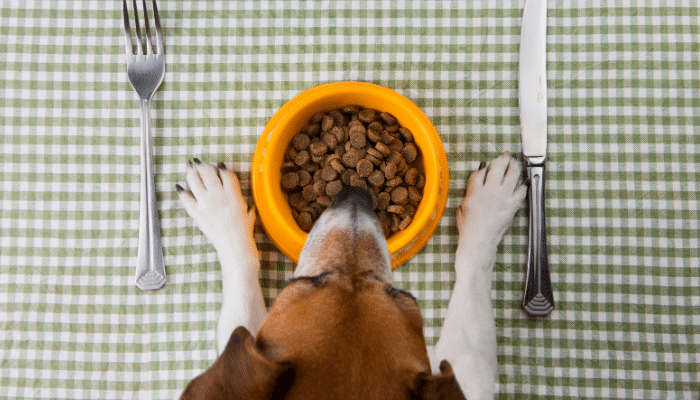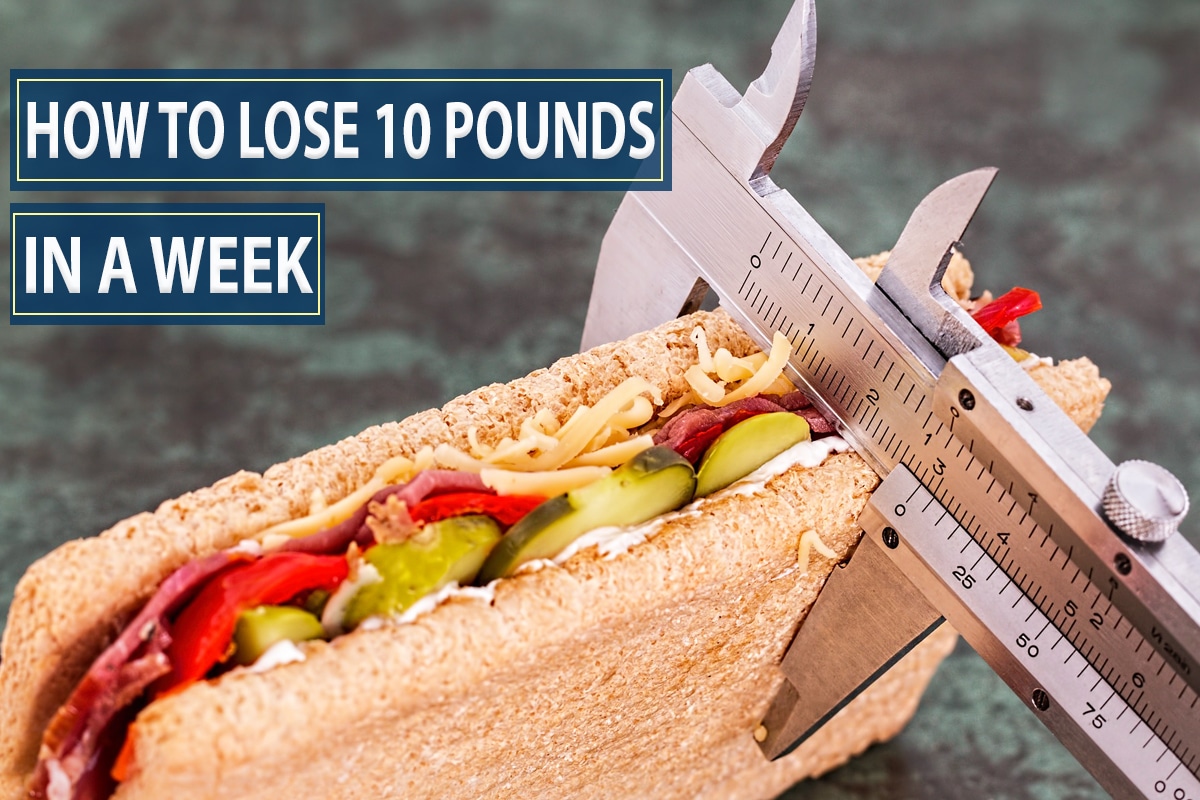The body, in the absence of sufficient carbohydrates as fuel (glucose), will deplete glycogen stores and the main source of energy will become the burning of fats in the liver.
You will get as a result the so-called ketone bodies (ketones) that will distribute, as a nutrient, to the brain, muscles and other organs. It will have caused you to go into ketosis.
Ketogenic Diet Menu
When preparing a keto menu, your food should contain: carbohydrates (5-10%), fats (60%) and protein (30-35%). If we consider that in a normal diet almost half are usually carbohydrates, the change of diet is important. You should avoid bread, potatoes, rice, pasta and fruit as much as possible.
Food Allowed
The foods allowed on the keto diet, or keto diet, will be mostly fatty and with some protein . The list will be as follows:
- Vegetables with few carbohydrates : spinach and in general green leafy vegetables, avocado, cucumber, cauliflower, broccoli, asparagus, cabbage, tomato, onion.
- Blue fish, rich in polyunsaturated fats : salmon, sardines, anchovies, mackerel, trout, tuna, palometa, mackerel, bonito, swordfish.
- Meat and sausages : chicken and turkey, but you can also eat fatty meats.
- Eggs and mayonnaise.
- Fatty dairy products such as cream, butter, goat cheese, cheddar, mozzarella, or unsweetened yogurt.
- Nuts and seeds : walnuts, almonds, pumpkin seeds, chia seeds.
- Oil virgin olive oil, coconut oil and avocado oil.
- Salt, pepper, spices, mustard …
Prohibited Foods
- Fruits: they contain sugars, in the form of fructose, which is a carbohydrate.
- The ones that have the most and should avoid: dates, figs, grapes, mangoes, cherries, bananas, tangerines and apples.
- The ones that have less and can eat from time to time (from fewer carbohydrates to more): lemon, blueberry, raspberry, strawberry, watermelon, grapefruit and melon.
- Bread, pasta, flour, rice.
- Cereals: The ones that contain the most carbohydrates are puffed wheat, muesli, wheat bran, rice flakes, wheat and barley, Corn Flakes, and oat flakes.
- Potatoes.
- Legumes (lentils, chickpeas, beans, peas, beans, beans, beans)
- Sweets and cakes, pastries.
- Soda, sugary drinks and juices.
- Processed foods and prepared meals (often with high levels of unhealthy fats and carbohydrates)
Benefits of The Ketogenic Diet
Lose weight and Slim down
- You don’t need to count calories, and this low-carb diet is much more effective at losing weight than low-fat diets.
- Many people who follow this type of diet to lose weight lose more than twice as many pounds as those who only follow a low-calorie diet. And it allows them to eat and maintain a healthy weight.
- It can be combined with intermittent fasting , which accelerates and intensifies weight loss.
- It is faster to lose weight than those other diets based on eating foods rich in protein and little fat.
Ketogenic Diet in DIABETES
- It lowers your blood sugar levels and stabilizes them.
- Reduces your weight and body fat.
- Improves insulin sensitivity.
- Reduces the level of glycated hemoglobin (HbA1c).
- Reduces your risk of high blood pressure and cardiovascular disease.
Ketogenic Diet in CANCER
- Multiply with greater speed,
- Have an accelerated energy metabolism, and
- Your glucose (carbohydrate) intake is also higher.
- And they hardly use fats or proteins to obtain the energy necessary for their growth.
- It would be a support measure for cancer treatment,
- It would never be a substitute for medical treatment because cancer cells can adapt to adverse metabolic conditions better than normal cells.
Ketogenic Diet in EPILEPSY
Ketogenic Diet In Alzheimer’s
Disadvantages
- No specific side effects have been identified in this type of diet.
- Some symptoms may appear in the first days, although they usually disappear quickly.
- To reduce them, it is convenient to start the diet slowly, gradually adding more fats to your keto recipes, while reducing carbohydrates at the same time.
- It should not be strictly followed indefinitely.
- Likewise, those who have high uric acid in their blood should keep in mind that it increases the risk of gout attacks.
- A common drawback to all weight loss diets is the “yo-yo” effect when the diet is finished.
- It is better for a correct nutrition, to plan from the beginning the dietary changes in the medium and long term.
- And complement them with regular physical exercise, so that the benefits on your health are lasting.
Consequently, it would not be appropriate to speak of the dangers of the ketogenic diet, but rather of inconveniences, generally moderate or slight, or precautions.
Phases of The Ketogenic Diet
- Indigestion,
- Constipation,
- Fatigue,
- Difficulty concentrating,
- Headache, or
- Insomnia.
















[…] if you have not eaten for a few hours before that. If it is a buffet and you are in front of so many food, For example, you can eat sandwiches and crackers in between meals. This would prevent you from […]
[…] looking to get how to start keto diet. However, you are advised to understand the basics of the keto diet right from the health benefits, reading nutrition labels, how to track your food, and when to take […]
[…] man needs 1,500 calories and a woman needs 1,200 calories per day. But when he/she is following the keto diet, they have to take only 10% or fewer carbohydrates, 20% of proteins and 70% of fats. During […]